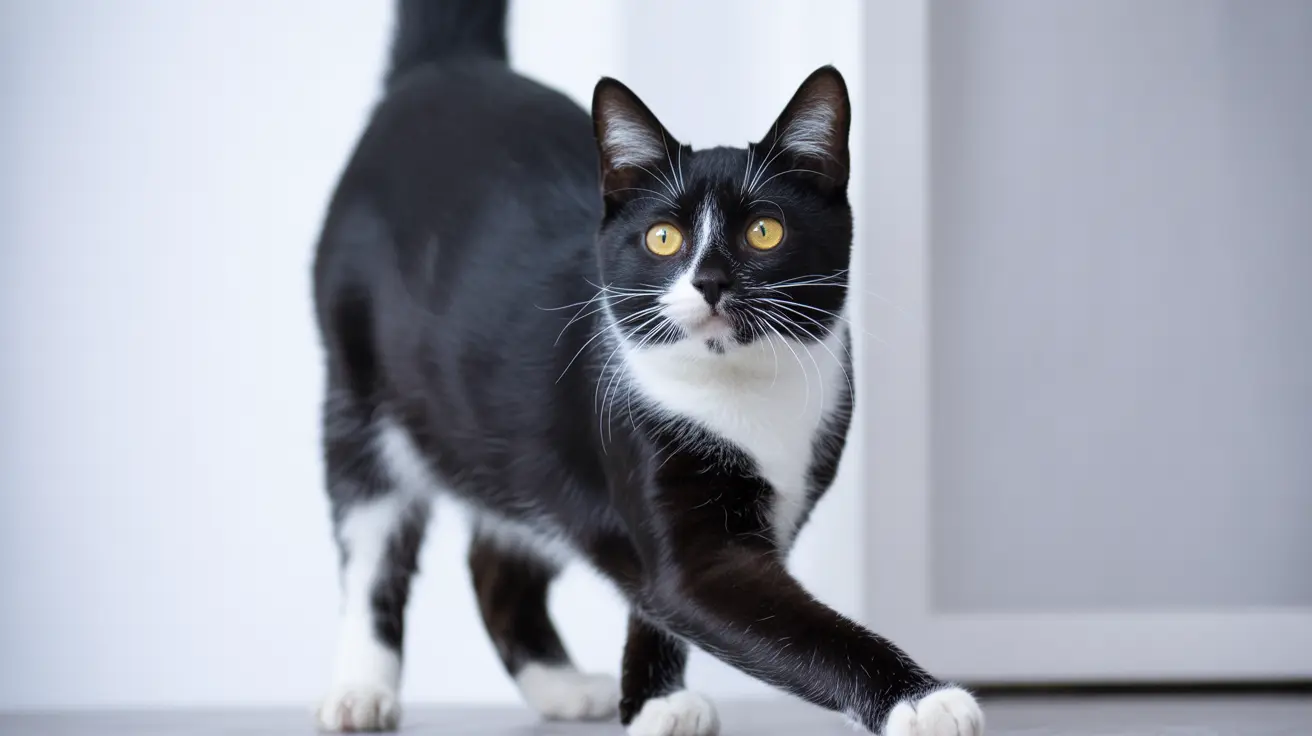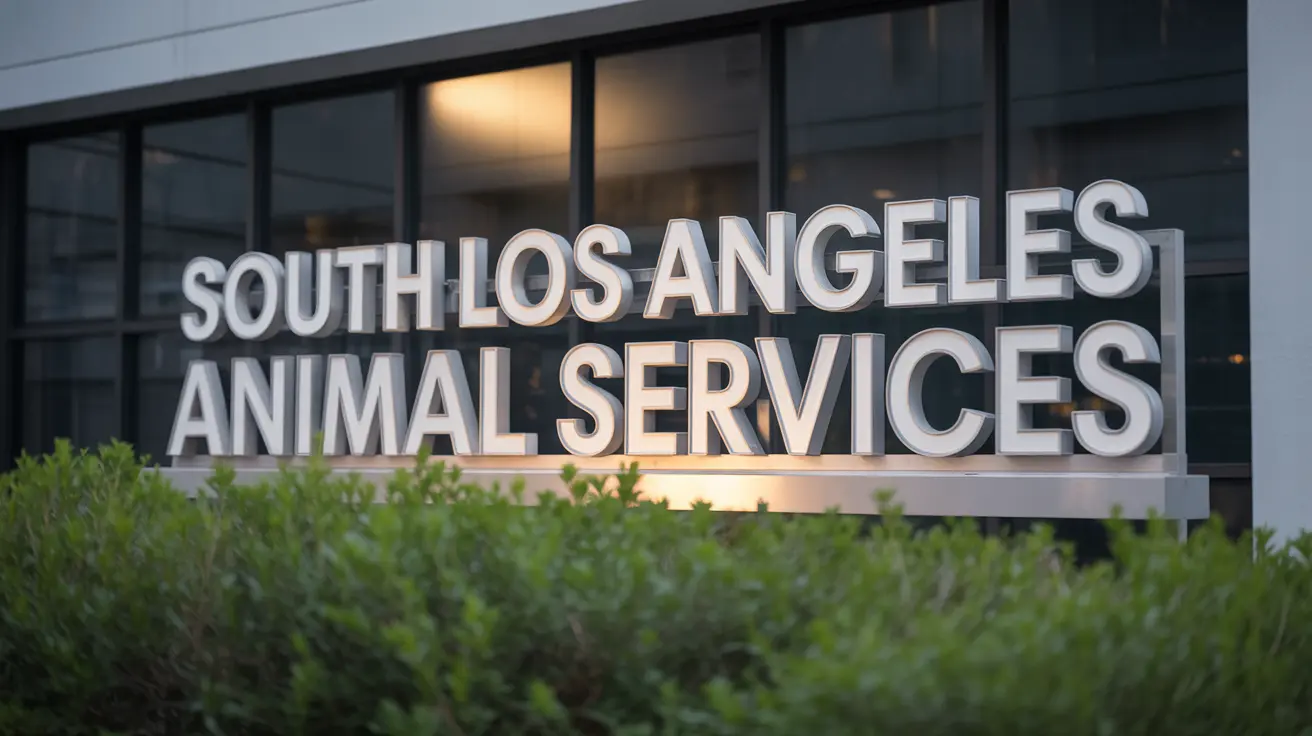Can Cats Eat Scrambled Eggs with Milk? A Complete Guide for Pet Owners
If you're a cat owner who enjoys making breakfast with your feline companion nearby, you may wonder: can cats eat scrambled eggs with milk? While eggs can be a nutritious treat, the addition of milk can complicate things. This guide provides everything you need to know before sharing your breakfast plate with your kitty.
Are Eggs Safe for Cats?
Scrambled eggs made without added ingredients like salt, butter, or milk can be a healthy occasional snack for cats. Eggs are packed with protein, vitamins, and minerals, making them a nutrient-dense treat.
- High-quality protein: Eggs contain amino acids essential for feline health.
- Vitamin B12: Supports nervous system function.
- Riboflavin: Aids in energy production and overall health.
Can Cats Digest Milk?
Contrary to the popular image of cats enjoying a bowl of milk, most adult cats are lactose intolerant. This means their bodies cannot properly digest the lactose found in milk, leading to digestive issues such as:
- Diarrhea
- Stomach discomfort
- Bloating
- Gas
Although some cats may tolerate small amounts of milk, it's best to avoid adding it to their food, especially in cooked dishes like scrambled eggs.
What Happens If Cats Eat Scrambled Eggs with Milk?
If a cat consumes scrambled eggs prepared with milk, the outcome depends on the individual cat's digestive tolerance. While the eggs themselves pose no harm in small portions, the milk could lead to gastrointestinal upset short- or long-term.
Safer Ways to Prepare Eggs for Cats
To ensure safety and health, follow these tips when preparing eggs for your feline friend:
- Cook eggs thoroughly: Raw eggs can carry salmonella or E. coli, and contain avidin which interferes with vitamin B absorption.
- Omit milk and seasoning: Avoid adding milk, salt, garlic, onions, or butter, which can be harmful.
- Serve in moderation: Treat eggs as an occasional snack, not a dietary staple.
How Much Scrambled Egg Is Safe for Cats?
Feeding a cat too much egg—even when prepared safely—can lead to health issues due to increased calorie and fat intake. As a rule of thumb:
- No more than a tablespoon of cooked egg per week.
- Adjust portion size based on your cat’s size and current diet.
Alternatives to Dairy in Cat Treats
If you want to create richer treats without risking digestive issues, consider these lactose-free alternatives:
- Water or plain chicken broth (low sodium)
- Lactose-free cat milk designed for feline digestion
- Pureed pumpkin for texture and flavor without dairy
Conclusion
To sum up, scrambled eggs without any added milk or seasoning are generally safe and even beneficial for cats when given in moderation. However, scrambled eggs with milk should be avoided, especially if your cat has shown signs of lactose intolerance. Always consult your vet before introducing any new food into your pet’s diet.
Frequently Asked Questions
- Can kittens eat scrambled eggs with milk? No, kittens may be more sensitive to lactose and rich foods, so plain, fully-cooked eggs are preferred, sparingly.
- What if my cat already ate eggs with milk? Monitor for signs of digestive discomfort and consult a vet if symptoms persist.
- Is goat milk a safer option for cats? It contains less lactose than cow’s milk but should still be given cautiously.
Feeding your cat treats like scrambled eggs can be a fun bonding experience, but it's essential to prepare them properly to keep your furry friend healthy and happy.





